Greenfield board, state lawmakers look to preserve creative economy
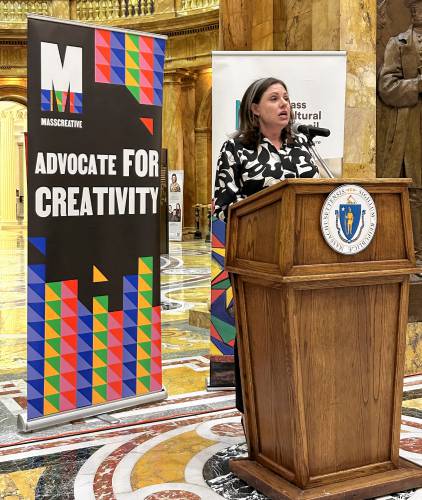
Emily Ruddock, executive director of MASSCreative, speaks during a recent State House hearing about four bills pertaining to the creative economy. COURTESY PHOTO/MASSCREATIVE
| Published: 04-09-2024 2:34 PM |
GREENFIELD — The city’s Cultural Council is looking to eventually expand and start a side-by-side nonprofit that would help raise money for local artists and events in addition to the annual funding received from the state.
“When it comes to the creative economy, it’s another way that we can create a place and build community and also revitalize economically,” Cultural Council Chair Tim Fisk said. “A vibrant arts and culture scene and creative economy are one of the vital organs that help the body of our city function.”
The Cultural Council’s primary job is to distribute grant funds allocated by the state to local artists and organizations. Although establishing a nonprofit is something that could take a few years to come to fruition, Fisk said the council is looking to individuals, businesses and philanthropic foundations that want to support the local arts economy.
“What we’re looking at as our next step is how do we actually expand our cultural council beyond just a re-granting organization in the state,” Fisk said. “It can’t just be up to the government to have to sustain a vibrant creative economy in any given place.”
The move to eventually create a nonprofit in Greenfield comes as lawmakers and state organizations stress the importance of the creative economy amidst budget woes.
Gov. Maura Healey’s budget recommendation for the upcoming fiscal year allocated $25.5 million for Massachusetts Cultural Council operations, a 2.2% increase to the current operating budget. However, in a year where state revenue is lower than expected, there is no telling if the Legislature will follow through with Healey’s appropriation.
“The arts tend to be one of those discretionary line items in budgets that get scratched out when people are tightening the belts,” Fisk said. “It’s really about not just advocating for the arts but also about thinking outside the box to make it better, make it bigger.”
Last year, the Greenfield Cultural Council was allocated $19,400 from the state. With that money, the council was able to award 59 grants to arts, humanities and science initiatives in the city. Some recipients include the Greenfield Recreation Department’s Winter Carnival and Motoko Dworkin, who hosted a program on Japanese folk tales and origami at the Greenfield Public Library.
Article continues after...
Yesterday's Most Read Articles
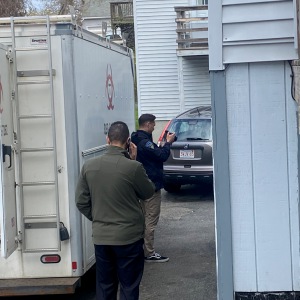 Authorities ID victim in Greenfield slaying
Authorities ID victim in Greenfield slaying
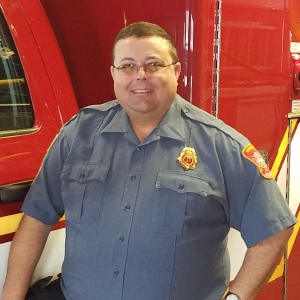 State records show Northfield EMS chief’s paramedic license suspended over failure to transport infant
State records show Northfield EMS chief’s paramedic license suspended over failure to transport infant
 Police report details grisly crime scene in Greenfield
Police report details grisly crime scene in Greenfield
 On The Ridge with Joe Judd: What time should you turkey hunt?
On The Ridge with Joe Judd: What time should you turkey hunt?
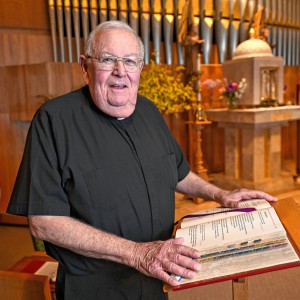 ‘I have found great happiness’: The Rev. Timothy Campoli marks 50 years as Catholic priest
‘I have found great happiness’: The Rev. Timothy Campoli marks 50 years as Catholic priest
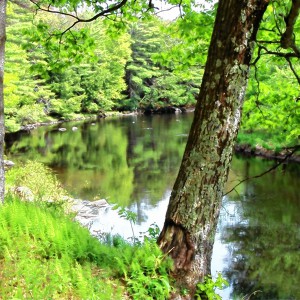 Formed 25,000 years ago, Millers River a historic ‘jewel’
Formed 25,000 years ago, Millers River a historic ‘jewel’
There are currently four bills in the Legislature aiming to preserve the creative sector by allowing cities to designate and preserve creative spaces, revitalize local downtown areas, make creative spaces accessible to people with disabilities, and fund the creation and maintenance of public art.
“These are not frivolous bills,” Sen. Liz Miranda, D-Boston, said during a recent State House briefing on the bills. “Creative spaces and the arts are not just the thing we do for fun. They’re the things that keep our communities thriving and surviving.”
In 2022, the arts and culture sector in Massachusetts generated $28.6 billion in economic activity and 133,773 jobs, accounting for 4.1% of the state’s economy, according to the U.S. Bureau of Economic Analysis.
Emily Ruddock, executive director of MASSCreative, a Boston-based arts and culture advocacy organization, said many people turn to creative outlets to feel less isolated.
“We see across Massachusetts that the arts make Massachusetts stronger,” Ruddock said. “Whether it’s attending a concert performance or taking a knitting class, these are all ways people connect to each other and connect to their community.”
She added that the four proposed bills in the Legislature are the result of conversations with members of the arts and culture community across the state about concerns they have for the sector and how the state can help solve those problems.
“We were seeing, not just in Boston but in a couple hotspots across the commonwealth, the displacement of artists’ spaces to create work,” Ruddock explained. “That is something that is hitting the Berkshires as well as western Mass.”
Fisk added that the Greenfield Cultural Council wants to continue to support current artists and organizations as well as have the capacity to back future creatives, too.
“It’s not just the legislation that comes down from the government,” Fisk said. “They can inspire and they can support just like everybody else, but a real true vibrant creative economy comes when all stakeholders are participating, and the government is just one of them.”

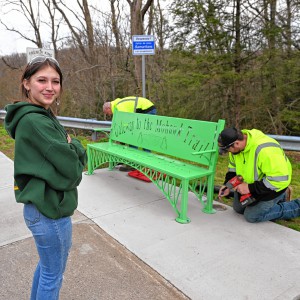 Franklin Tech student welds artistic bench for French King Bridge
Franklin Tech student welds artistic bench for French King Bridge Wendell voters to decide on battery storage bylaw
Wendell voters to decide on battery storage bylaw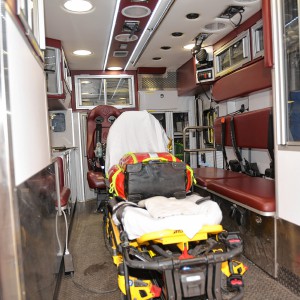 What are the protocols for emergency transport of infants?
What are the protocols for emergency transport of infants?
